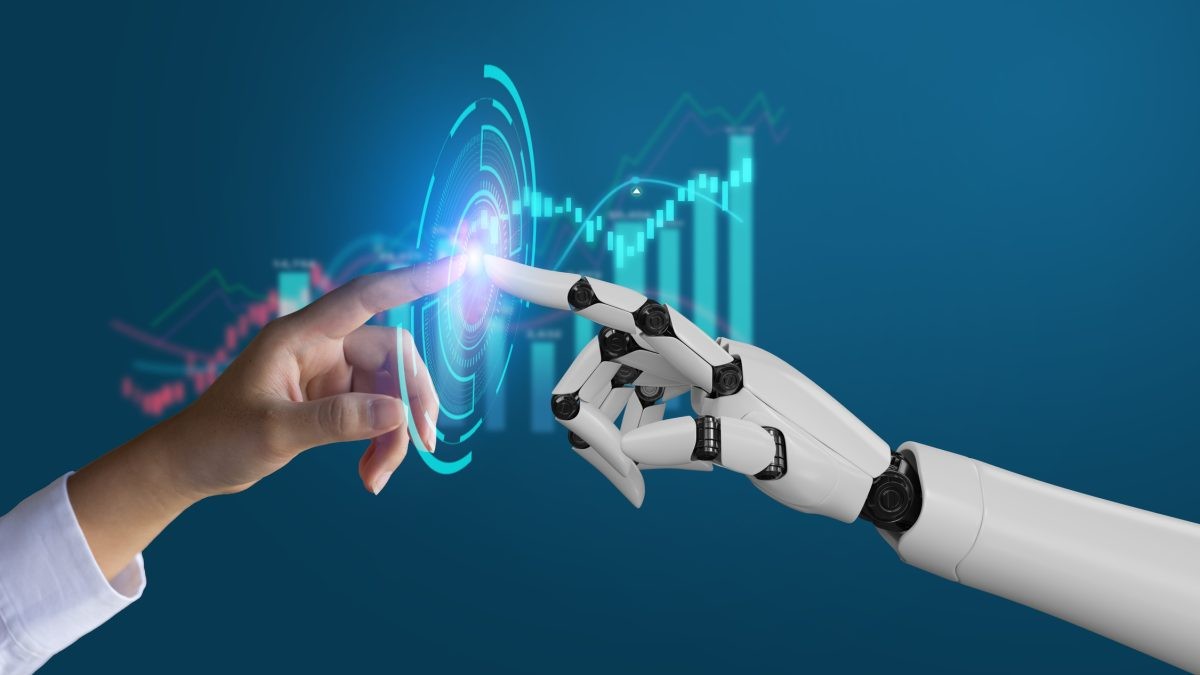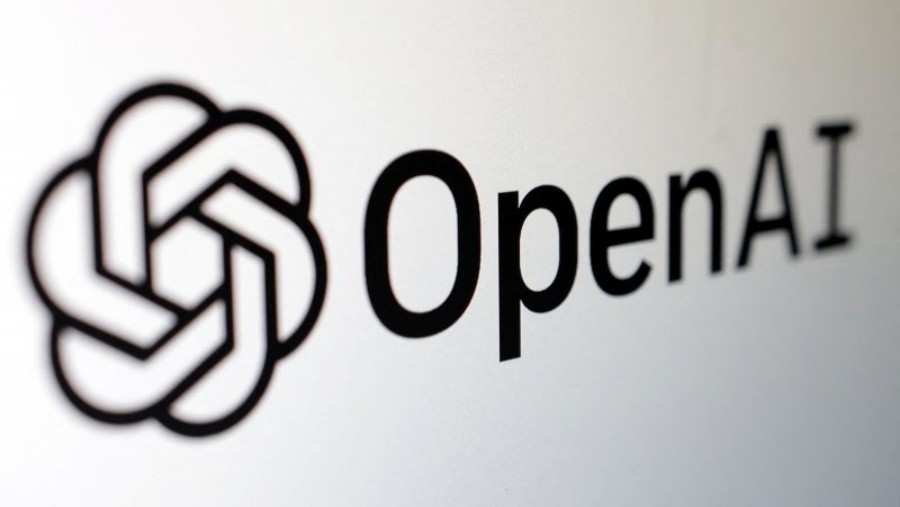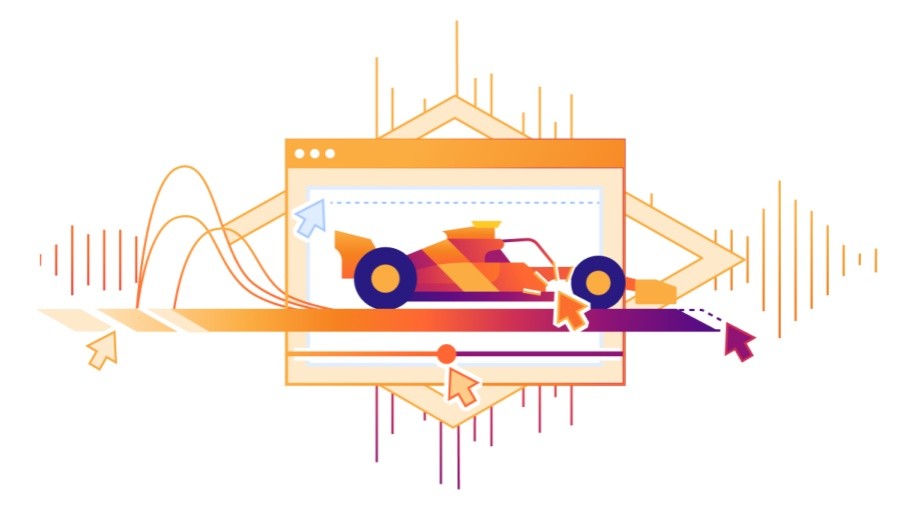
In today's rapidly evolving digital age, artificial intelligence (AI) is changing the way businesses operate and make decisions in many ways. One of the key areas is transformational analytics, which enables businesses to leverage AI-driven insights to optimize their strategies, processes, and customer experiences.
Transformation analysis refers to the use of artificial intelligence and machine learning technology to analyze large amounts of data to identify trends, patterns and insights to drive enterprise transformation and innovation. Compared with traditional analytical methods, AI-driven transformation analytics can process more complex data sets and provide deeper and more predictive results.
Customer Experience Optimization: AI can analyze customer interaction data (such as customer reviews, social media posts, and purchase history) to understand customer preferences, needs, and pain points. This information can help businesses personalize customer experience, improve products and services, and build stronger customer relationships.
Improved operational efficiency: AI can analyze internal data in the enterprise (such as production data, supply chain data, and financial data) to identify bottlenecks, optimize processes, and reduce costs. For example, AI can predict device failures, thereby reducing downtime and increasing productivity.
Product Innovation: AI can analyze market trends, competitor data and customer feedback to help businesses identify new product opportunities and improve existing products. For example, AI can help businesses predict which product features are most popular with their customers, thereby optimizing the product development roadmap.
Risk Management: AI can analyze various data sources (such as market data, financial data, and news reports) to identify potential risks and evaluate their impact. This can help companies better manage risks and develop response strategies.
Strategic decision-making: AI can analyze large amounts of data to provide enterprises with more comprehensive insights and thus support smarter strategic decisions. For example, AI can help companies predict market trends, evaluate the potential impact of different strategic choices, and develop more effective long-term plans.
Netflix: Netflix uses AI to analyze user viewing habits, thereby recommending personalized content to improve user engagement and retention.
Amazon: Amazon uses AI to analyze customer purchase history and browsing behavior, recommend related products to them, and increase sales.
GE: GE uses AI to analyze sensor data, predict equipment failures, reduce downtime and improve operational efficiency.
Artificial intelligence is changing the way companies conduct transformation analysis, providing companies with deeper insight, higher efficiency and stronger competitiveness. By leveraging AI-driven transformational analytics, businesses can better understand customers, optimize operations, drive innovation and make smarter decisions to succeed in a competitive market.



